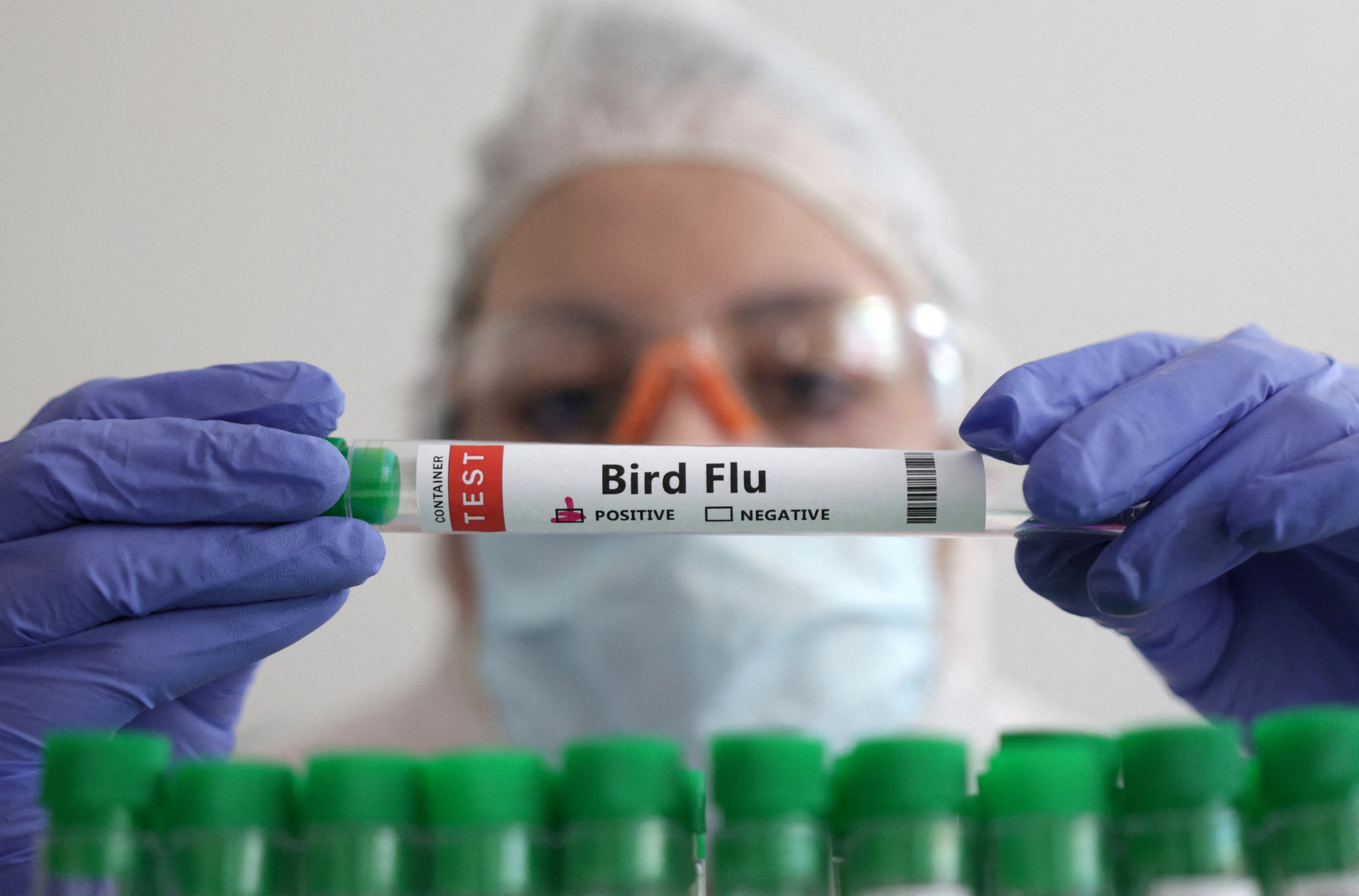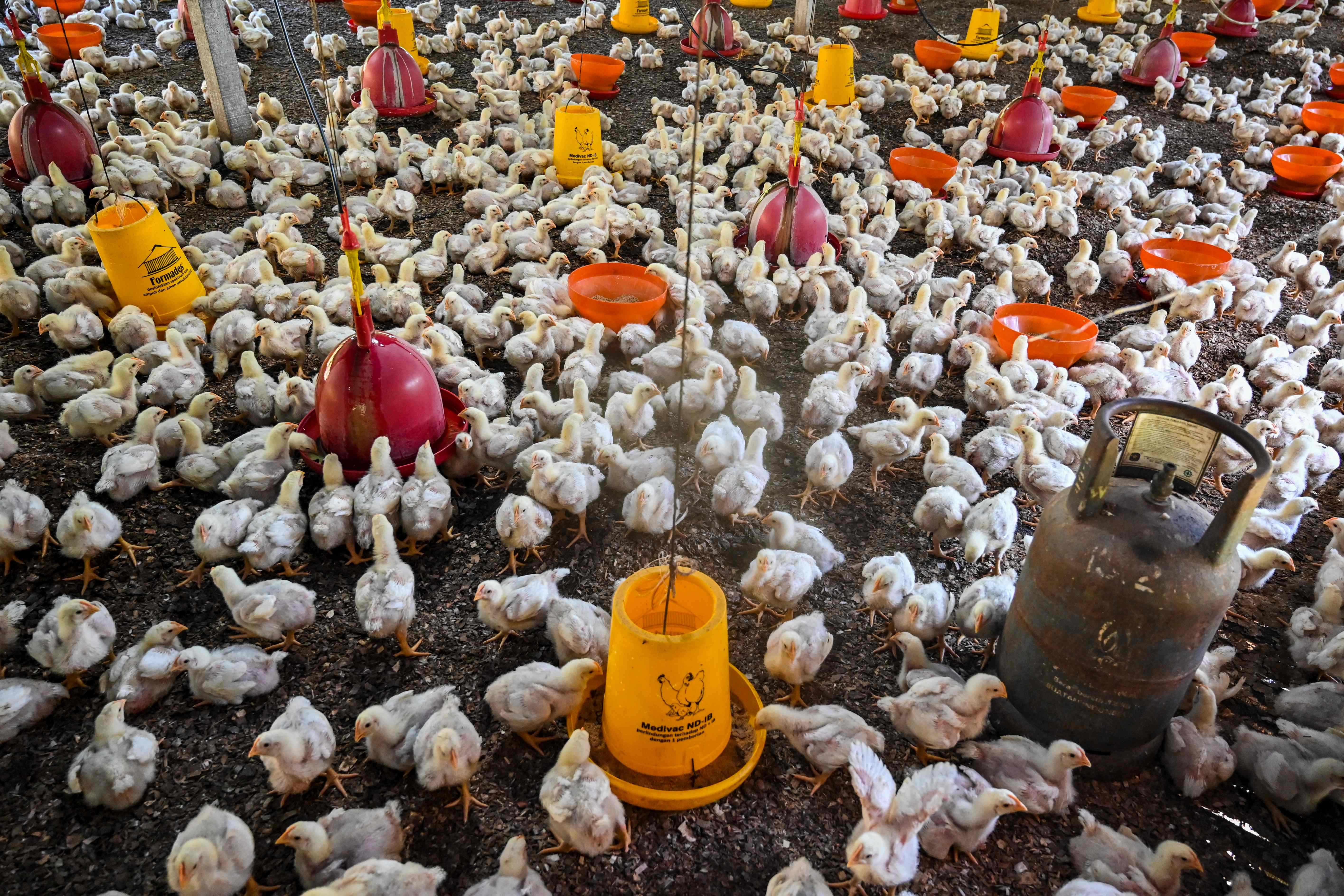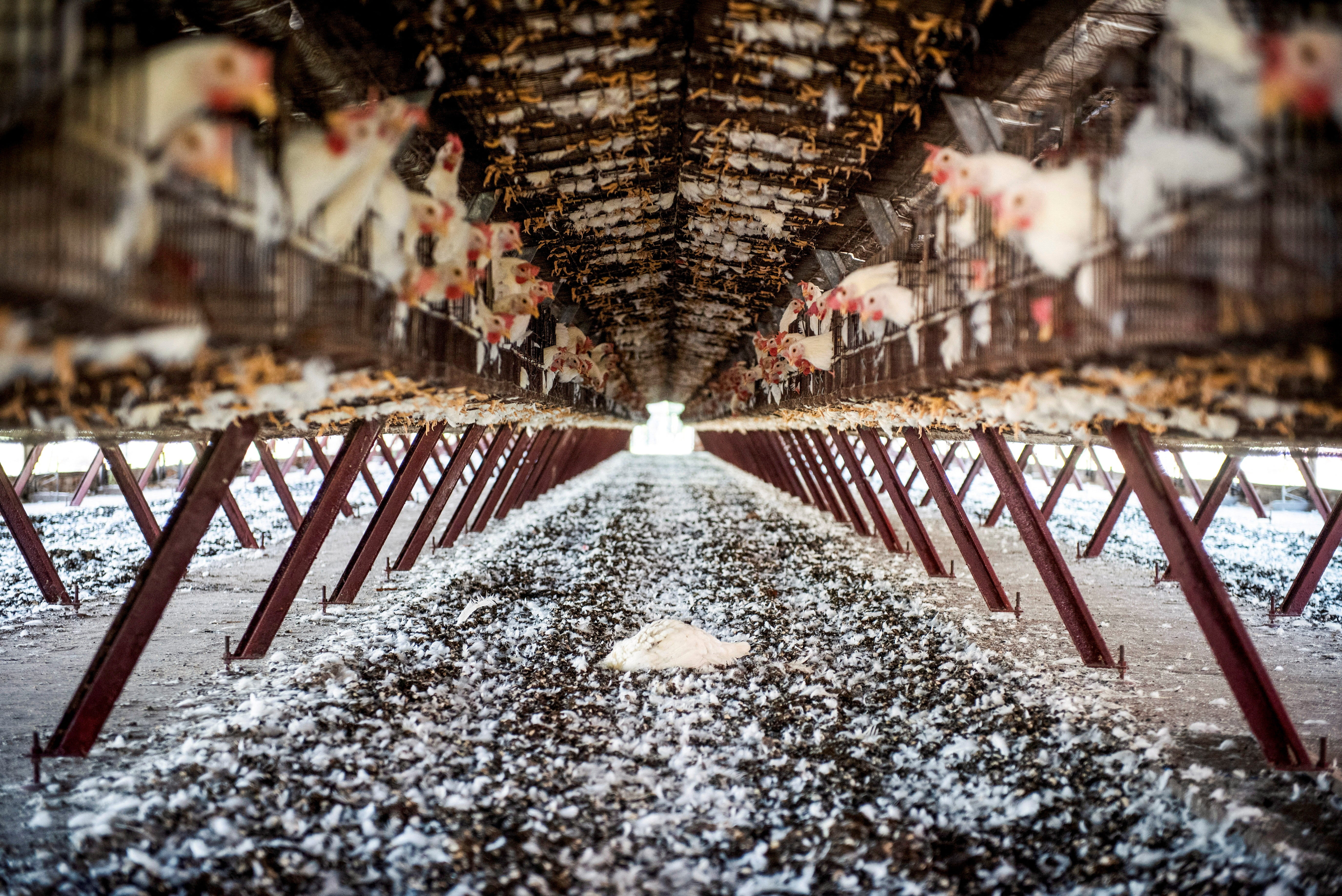Vaccine makers preparing human bird flu shot ‘just in case’ of pandemic
Current risk of transmission from birds to humans remains low, but vaccine producers are ready to prepare a new shot “within months”
Your support helps us to tell the story
From reproductive rights to climate change to Big Tech, The Independent is on the ground when the story is developing. Whether it's investigating the financials of Elon Musk's pro-Trump PAC or producing our latest documentary, 'The A Word', which shines a light on the American women fighting for reproductive rights, we know how important it is to parse out the facts from the messaging.
At such a critical moment in US history, we need reporters on the ground. Your donation allows us to keep sending journalists to speak to both sides of the story.
The Independent is trusted by Americans across the entire political spectrum. And unlike many other quality news outlets, we choose not to lock Americans out of our reporting and analysis with paywalls. We believe quality journalism should be available to everyone, paid for by those who can afford it.
Your support makes all the difference.World-leading vaccine makers have said they could prepare a new human bird flu shot within months.
H5N1 clade 2.3.4.4b – one current outbreak of bird flu or “avian flu” – has killed unprecedented numbers of wild birds and infected mammals globally.
Executives at GSK Plc, Moderna Inc and CSL Seqirus disclosed to Reuters they are already developing or are on the cusp of testing human vaccines matching this current strain as a precautionary measure. Likewise, Sanofi stands “ready” to begin production if needed.

There is currently no vaccination to prevent avian flu from appearing in birds, though some vaccine producers have been pushing for this development.
According to data released by the UK Government, there have been 175 confirmed cases of bird flu in humans since 1 October 2022. This includes 148 cases in England, 21 cases in Scotland, 5 cases in Wales and 1 case in Northern Ireland.
At present, there are almost 20 licensed vaccines against the broader H5 strain of bird flu, as per the World Health Organisation (WHO). The majority of potential pandemic shots are pre-approved by regulators following human-based trials, with the capacity to produce hundreds of millions of doses in the event of an outbreak.
“Creating the first dose is the easiest,” said Raja Rajaram, head of global medical strategy at CSL Seqirus. “The hardest is manufacturing in large quantities.”

However, any new vaccine could potentially be earmarked for wealthy countries, global health experts have noted. In the case of COVID-19, many vaccine-rich countries extended the doses amongst their population before offering supplies out to the most vulnerable despite many countries’ pandemic plans stipulating otherwise, Reuters reports.
"We could potentially have a much worse problem with vaccine hoarding and vaccine nationalism in a flu outbreak than we saw with COVID,” said Dr Richard Hatchett, chief executive of the Coalition for Epidemic Preparedness Innovations (CEPI), which helps fund vaccine research.
In February 2023, the UK Health Security Agency (UKHSA) concluded that there is currently no evidence that bird flu is transmitting amongst humans and other mammals more successfully than in previous years.

Dr Meera Chand, incident director for avian influenza at UKHSA, confirmed that whilst there is an increased chance of humans coming into contact with the virus due to high levels of infection amongst birds, the virus does not pass easily.
“The latest evidence suggests that the avian influenza viruses we’re seeing circulating in birds do not currently spread easily to people. However, viruses constantly evolve, and we remain vigilant for any evidence of changing risk to the population, as well as working with partners to address gaps in the scientific evidence”, Dr Chand stated.
To reduce the chance of exposure to bird flu, the UKHSA advises avoiding contact with sick or dead wild birds in public areas, including parks and waterways, and taking care to wash hands after feeding wild birds.





Join our commenting forum
Join thought-provoking conversations, follow other Independent readers and see their replies
Comments